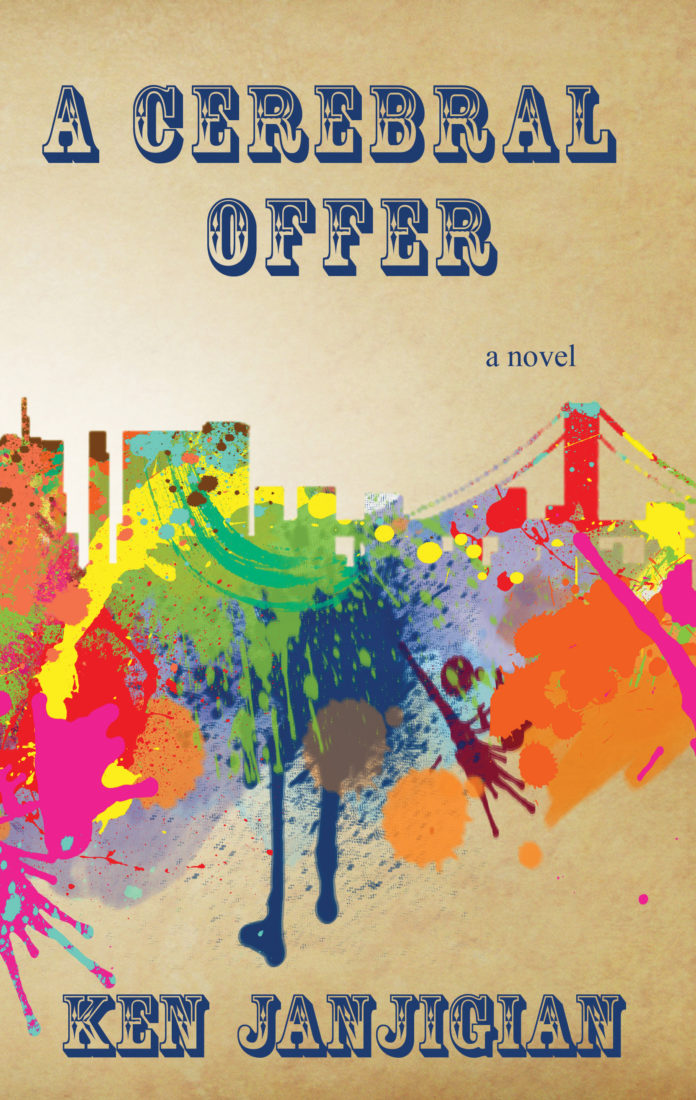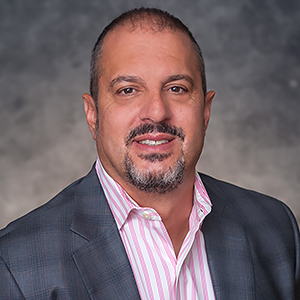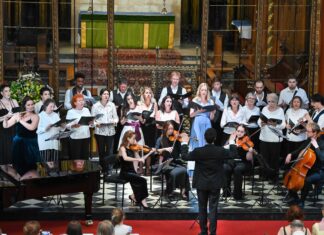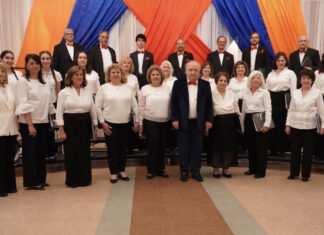WASHINGTON — Author Ken Janjigian puts a lot of himself into his work. In fact, in his latest novel, A Cerebral Offer (Livingston Press, University of West Alabama, 2020), he combines several of his interests: San Francisco, old bookstores, the Beat writers and even the fear of bridges.
In a recent interview from his home in the Washington suburbs, Janjigian spoke about some of the topics close to his heart and his methods for writing.
“It is a love affair between Harry and the city and I guess off that, the changes that have happened in San Francisco since the turn of the century,” Janjigian explained.
He added, “With this book, one thing I decided to do was to pour in the things I am most passionate about. Wine, Kerouac, San Francisco, the JFK conspiracy. Let me put all these things in there.”
And something else for readers to take away from it is “the love of movies and of course the changes with the movie theaters.”
As the proprietor of a failing movie theater in San Francisco, Harry Gnostopolos navigates his way out of a failing relationship and into another unstable one, as he tries to save his beloved theater, and falls into the orbit of his eccentric writer friend, Jackson Halifax.









